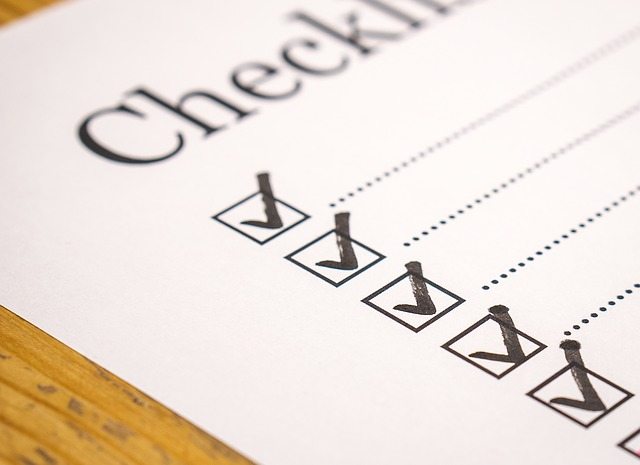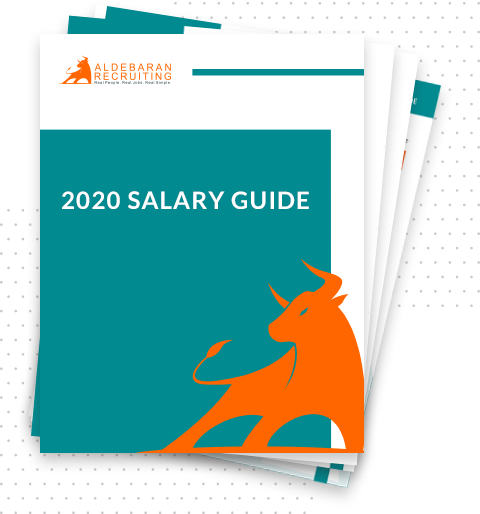Today we’re sharing interview tips for employers so that you can hone in on hiring the right candidates.
We’ll also share some of the best interview questions to ask potential candidates.
We often hear from clients that it’s difficult to ensure they’re interviewing the right people with the right skillsets.
This can be even more challenging when a role has increasing levels of technical skills and requirements needed.
THINGS TO CONSIDER
It can be easier to tell if somebody is a good cultural fit if you can have them interview with your team members.
You can tell if they would fit in with the culture or have the right personality if they do well with your team members.
It’s often difficult to determine if someone has the right skillset to be able to execute in the manner that you need.
We’ve heard many horror stories about candidates that interviewed really well, but weren’t a good fit.
Candidates can sell themselves and seem like they can do the job, when actually they don’t have what it takes.
However, when they start and get in the seat, it becomes clear that they are not the right fit.
Often they actually don’t have the skills or the experience needed to execute the job.
FINDING THE RIGHT CULTURAL FIT
Making a bad hire is a nightmare scenario for many companies and it’s a major waste of money and time.
It’s important that your process includes the right questions and steps needed to weed out the right hires.
READING AND SIFTING THROUGH RESUMES
It all starts with making sure you have a good strategy for reviewing resumes.
Resumes come in many different forms and it’s important that not too much weight is put on them.
There’s likely a whole lot of someone’s experience that may not be on a resume.
Be careful not to lose out on people that could be good because you’re judging a book by its cover.
THE INTERVIEW STAGE
Once you get to the interview stage there are a lot of different strategies you can take.
This really depends on the type of role that you’re looking to fill.
ASKING THE RIGHT QUESTIONS
You want to have some general questions that are open ended or generic questions.
You never want to lead to witness.
Don’t want to ask questions like, “do you consider yourself a hard worker?”
The answer is always going to be yes.
You also don’t want to ask;
“Do you have experience with this software?” Or “Do you have experience with this type of industry?”
It’s too easy of a yes or no question for a candid answer.
You’ll likely get yeses even if the person doesn’t have that experience.
They might not have the experience that you need, so you haven’t really learned anything in this situation.
Ask open ended questions like;
“Tell me about the client experience you have” or, “tell me about the different software you’ve used?”
These open ended questions leave them having to fill in the blanks versus just telling you what you want to hear.
You can also pose hypothetical situations and ask them what they would do in certain situations.
You want to know how they would handle if something happened or if they needed to produce an outcome.
There is a way to get into their head about their thought process and how they would deal with certain situations.
ASKING MORE TECHNICAL QUESTIONS
You can start to get more technical with the role and hear how they would use certain technical things.
Another useful question is to ask about some major challenges that they have been faced with.
Listen to what someone considers a challenge and how they would deal with that challenge.
Knowing how they dealt with the challenge will give you a lot of insight into that person.
FINDING THE RIGHT SKILLSET
At some point in your interview process, you should think about having a way to test their skills.
This is easy with technical type positions such as a developer, programmer or a coder.
You can easily devise a test that shows people’s coding or development capabilities, or lack thereof.
This becomes a little more challenging when you’re dealing with people on the marketing and sales side of things.
There are still ways to devise a simple project, case study, or presentation for them to do.
Think about what this person will be doing daily and what kind of skills they need to have.
Your process should allow them to demonstrate that they can do what you need, and how they would do it.
FINDING THE RIGHT PERSONALITY
Many companies are now integrating personality assessments in their hiring process which can be very useful.
A Disk Assessment, Talent Plus or the large variety of other talent assessment consulting companies are all resources.
These tests can tell you a lot about someone’s personality and how they may fit and work within your company.
The important thing is to take all the information from them with a grain of salt.
Don’t put too much weight on these tests as they’re standardized.
There is never a substitute for talking to people and feeling them out personally.
The level of usefulness of these assessments has a limit.
You need to make sure you’re responsible for how you use them.
IN CONCLUSION
At the end of the day there is a lot that can be done to design an effective interview process.
Your process should determine if a candidate is a fit culturally and for the hard and tactical skills needed.
There are different strategies to take depending on what kind of role you’re looking to fill.
Whether the role is technical, sales related, marketing, creative, etc., you want to be able to hone in on what you need.
It’s important to keep that in mind as you design whatever process you put those people through.
You want to design a process to be effective, as the impacts of making a bad hire can be severe and debilitating.
Here are some more steps and details to consider in your hiring process: https://bit.ly/2EW0l3r



